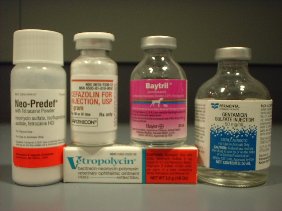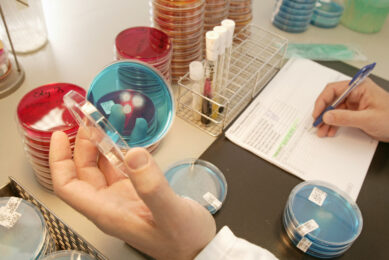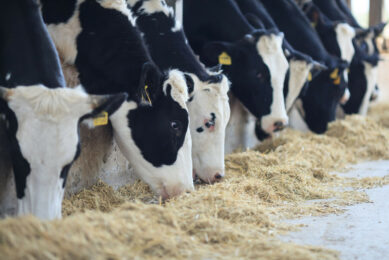US livestock industry surprised by AGP-ban

Preventing the development of drug-resistant diseases is a big issue in the US. Therefore the Obama administration wants to restrict the farm use of antibiotics and antibiotic growth promoters in specific.
In a move that caught the livestock industry by surprise, the Food and Drug administration this week called for ending the use of antibiotics for growth promotion in livestock and requiring veterinary approval for all other uses of the drugs.
Antibiotic use "should be limited to those situations where human and animal health are protected," said Joshua Sharfstein, the FDA’s principal deputy commissioner.
Sharfstein announced the policy changes that would end the farm usage of seven classes of antibiotics, including penicillins and tetracyclines, except to treat ill animals.
In an interview after a legislation hearing, he did not rule out FDA imposing the restrictions on its own but said that would require a cumbersome process and that the agency preferred to have Congress implement them.
Increase of production costs
The National Pork Producers Council, citing Iowa State University research, said the ban on using antibiotics for growth promotion would raise production costs by $13 a kg and increase the retail price of pork by 2%.
An estimated 13% of animal antibiotic usage can be classified as being for growth promotion, according to the drug industry.
Requiring veterinary approval for other uses of the drugs would add a paperwork burden to farms, said Jennifer Greiner, a veterinarian who is director of science and technology for the pork group.
Farms can currently buy some antibiotics as feed additives without a veterinarian’s approval.
Farm opposition
It’s unclear how much support that restrictions on livestock antibiotics would have in Congress because of opposition from farm interests.
The livestock industry argues that overuse of antibiotics in human medicine is more to blame for resistance in bacteria than feeding the drugs to livestock.
But Sharfstein, a pediatrician, told the committee that drug-resistant bacteria are showing up because of the use of antibiotics in animals as well as humans.











